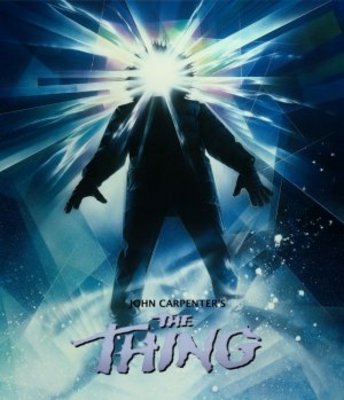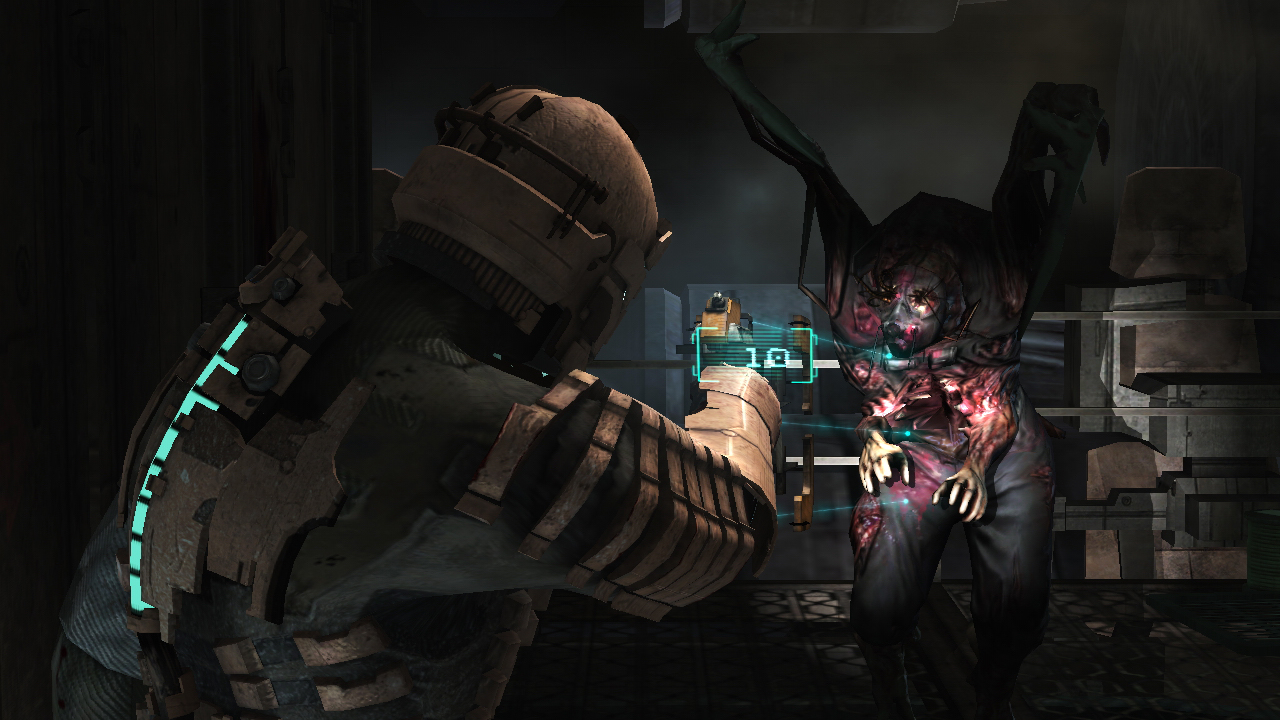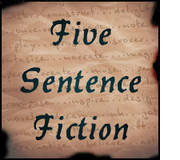by Mayumi-H | Sep 17, 2012 | Fearless, Short Stories
It’s a double-whammy this week, as I’m incorporating both Julia’s 100-Word Challenge for Grown Ups (week 57) prompt of “…returning to the routine…” and Lillie McFerrin’s Five Sentence Fiction prompt “AWKWARD” into the same post. Actually, it’s a triple whammy, since I’m also using Monday’s Fearless post to coincide.
To catch you up, Julia’s 100-Word Challenge for Grown-Ups gives writers a phrase or picture prompt, and we have 100 words (give or take; see the link for details) to write a story around it. Lillie’s Five-Sentence Fiction gives a one-word prompt, and we’re to write a flash fiction piece, consisting of only five sentences, that corresponds to said prompt.
I didn’t think I’d be able to participate at all this time around, as my schedule has been so hectic…but the pieces just fell together right, for me. (Maybe you disagree.)
“Hope In You”
![Ballet_flat_in_the_Westpark_in_Bochum By Zelda F. Scott (Own work) [GFDL (http://www.gnu.org/copyleft/fdl.html) or CC-BY-SA-3.0-2.5-2.0-1.0 (http://creativecommons.org/licenses/by-sa/3.0)], via Wikimedia Commons](https://mayumi.amorphous.press/wp-content/uploads/sites/4/2012/09/256px-ballet_flat_in_the_westpark_in_bochum.jpg)
The bar turned slick beneath her hands, and her arms quivered all the way to her shoulders as her foot slid over the mat. It wasn’t from any thought or impulse, though, but mere weight, and that more than any pain or effort made the tears well.
Graceful, darling dancer: she’d never be that again, not if simply returning to the routine of standing on her dumb, labouring legs was this hard.
Spitting a plea for rest (and hating herself for it), she transferred to the chair, feeling weak, broken, hopeless.
Until she thought of him, and his smile, and pushed herself up again.
Julia’s prompt is a bit easier to recognize, here, than Lillie’s is, but hopefully you can see how I related this to both.
What awkwardness – or return to routine – did you describe, this time around?
by Mayumi-H | Sep 8, 2012 | Process
Many of us have already been told it’s better to keep our prose as simple as possible: clear is better than clever, as they say. For the most part, I agree. And I’ve enjoyed my share of flowery prose! One part of a story that’s created something of a dividing line between me and other authors, though, is just that: the dividing line. To put it more broadly, the use of transitions.
Keeping in mind that adage of clearer being better than clever, I don’t see much point in dwelling on long, rambling transition sequences. But, I also think the dividing line is a bit of a cheat. Not only does that divider line (or space block, or asterisks, or whatever) take the reader out of the moment, it breaks the flow of the narrative. Sometimes, this doesn’t matter so much; if you’re changing perspective, for example, you want to separate the narrative flow somehow. But for a subtle scene or time change, I prefer to keep reading, rather than having my eye stutter over a visual division.
The rest of the afternoon passed quickly: the relatively uneventful walk back to the city centre, with St. Stephens and the train station, and a bit of aimless traipsing around the shops while the hotel prepared their late check-in room. Sally led them into a book shop where they stopped to listen to a charming children’s reading circle; Larry dallied in a retro art store with a selection of colorful and odd-looking international movie posters.
The quaintness was charming, of course, and they chatted along the way about both realistic potentialities and dreamy might-bes. But, through it all, there was still something missing, something hovering almost expectantly in the air between them: when they’d stop at a corner, or pause in conversation, or share a quiet look over tea and biscuits in a coffee shop.
Now, the above doesn’t really move the plot along any; all it does is take the reader from one scene to another. An editor might tell me to cut it. Simply removing these paragraphs between the two scenes makes my brain stutter, though, the same as putting in one of those divider lines would do. So, I’ve indulged myself with this transition.
What are your feelings on transitions in prose?
by Mayumi-H | Aug 13, 2012 | Excerpts, Fearless, Persona 4 Fan Fiction, Process
As much as I enjoy delving into the heady depths of a good romance, one of my favorite parts of examining relationships is the dance of early affection between two characters. While not necessarily innocent (especially from a player’s point of view), it’s often full of a plain and refreshing simplicity:
![320px-Iris_'Dancer's_Veil' By A. Barra (Own work) [GFDL (http://www.gnu.org/copyleft/fdl.html) or CC-BY-SA-3.0-2.5-2.0-1.0 (http://creativecommons.org/licenses/by-sa/3.0)], via Wikimedia Commons](https://mayumi.amorphous.press/wp-content/uploads/sites/4/2012/08/320px-iris_dancers_veil.jpg?w=300)
They simply walked and talked: about the streets and shops, at first, but – as the steps wore on – about less random and more personal things. Such as the kinds of music they liked (she enjoyed an eclectic mix of dance hall, pop, and classical, while he favoured straight-up guitar rock, funk, and electronica), to what sorts of television programmes they preferred (she swooned over period masterpieces with the same affection he held for episodic science fiction, though they were both fans of detective dramas of any sort), to what foods they liked to eat (he was a lenient vegetarian, whereas she adored rare steak…but both of them found tandoori takeaway too scrumptious to ever pass up).
All along the way, Ross found himself becoming more and more curious about discovering what made pretty, perky, adorably sexy Amber Baelin tick, that he almost forgot how easily she could set his nerves on fire. Until they approached the heavy wooden door of the narrow two-storey row house she called home, that is, because it meant their time together was over.
I’ve occasionally spent a good deal of time with two would-be or could-be lovers breaking through the initial barriers of mutual ignorance. But, for this story, I felt the time would be better spent on the more pressing conflicts of self-doubt, past heartaches, and unexpected physical limitations. Still, it’s always fun to imagine how two characters can come together.
Someone might say that this is too much outright “telling” for a story. As for me, I like to think these smaller details are just icing on a bigger cake I’m trying to “show.”
How do you approach the blossoming of love in your stories? Or, do you think it’s just a bunch of rubbish, and bring on the bodycount?
by Mayumi-H | Aug 4, 2012 | Process
While listening to the radio the other day, “Radar Love” by Golden Earring came on. Now, this is admittedly a very fun driving song, but it’s not driving soundtracks I’m discussing in this post.
[youtube http://www.youtube.com/watch?v=Hw9CzSSk218?rel=0&w=420&h=315]
One of the oft-repeated lines in the song is “We’ve got a thing that’s called radar love.” What are the hidden messages in that lyric? It’s not important. What’s important is that Golden Earring has chosen to describe love as a “thing.”
Thing?
The term “thing” is, by definition, an object unable to be described (at least with ease). In a fun driving song, the meaning probably doesn’t matter. But, in a story – short story, novel, poem – a writer should be able to avoid using the word “thing” as a description.
Admittedly, I can go overboard with my descriptions (succinctness is something I need to work on). But, if you can’t describe an object – if, say, it’s wholly foreign or unfamiliar to the narrator – then at least liken it to a similar object, to give the reader an idea of what they’re supposed to be seeing or experiencing. Saying “thing” doesn’t even give your poor reader a clue!
…Unless, of course, you’re talking about The Thing. Because that Thing…no words can describe.

So, what about you? What are your description pet peeves?
by Mayumi-H | Jul 16, 2012 | Excerpts, Fearless, Process
In photography and cinematography, forced perspective is a technique that uses optical illusion to make an object look closer/larger or farther away/smaller than it actually is.

But this post is not about that sort of forced perspective.
I like to tell stories from a particular character’s viewpoint. I enjoy sticking with that one character through the chapter (or story), and relating his or her feelings to the reader through events, dialogue, and description. But everything that is seen, heard, or experienced in the story is how it relates to that particular character. An over-the-shoulder perspective, if you will.
I hate narratives that jump around from perspective to perspective – especially within a single chapter! – because it tends to leave me feeling like just an observer, and less invested in what’s happening to those characters. Some writers can get away with this multiple-perspective technique. It’s hard for me, though.

Get invested with your characters. Keep them close.
I like learning about a character through their triumphs and tragedies. Even though I know where that character will end up (usually), I love learning about him or her through telling their story. Perhaps it’s a crutch to fall into the same storytelling style for most of my work, but it’s also what I enjoy.
Here’s an example of what I mean:
She wasn’t the cool, salty sea that had filled his waking and dreaming senses from the moment of his birth, that much was true. She couldn’t slip frictionless through his fingers, or buoy him through careless mistakes that sent him tumbling from his board, or let him glide across her blue depths, like a bird skimming the tips of its wings through the froth.
But then, the sea didn’t warm him on chilled nights. It didn’t smell like jasmine or strawberries or mint, depending on its mood. It didn’t change its taste, either, from cool and creamy, to hot and bitter, and anything in between. And it couldn’t fill his arms, so soft and supple and warm, or cuddle him close in return. Amber was the only one who could do that.
Amber was the only one he wanted to do that.
I don’t think I could tell the same story I want to tell using a different narrative technique. Readers might want to know what’s going on in another character’s head, but I like keeping a bit of mystery. I go through my own life not knowing what other people think. Why not write stories the same way?
What’s your preferred storytelling perspective? Why?



![Ballet_flat_in_the_Westpark_in_Bochum By Zelda F. Scott (Own work) [GFDL (http://www.gnu.org/copyleft/fdl.html) or CC-BY-SA-3.0-2.5-2.0-1.0 (http://creativecommons.org/licenses/by-sa/3.0)], via Wikimedia Commons](https://mayumi.amorphous.press/wp-content/uploads/sites/4/2012/09/256px-ballet_flat_in_the_westpark_in_bochum.jpg)
![320px-Iris_'Dancer's_Veil' By A. Barra (Own work) [GFDL (http://www.gnu.org/copyleft/fdl.html) or CC-BY-SA-3.0-2.5-2.0-1.0 (http://creativecommons.org/licenses/by-sa/3.0)], via Wikimedia Commons](https://mayumi.amorphous.press/wp-content/uploads/sites/4/2012/08/320px-iris_dancers_veil.jpg?w=300)




Recent Comments